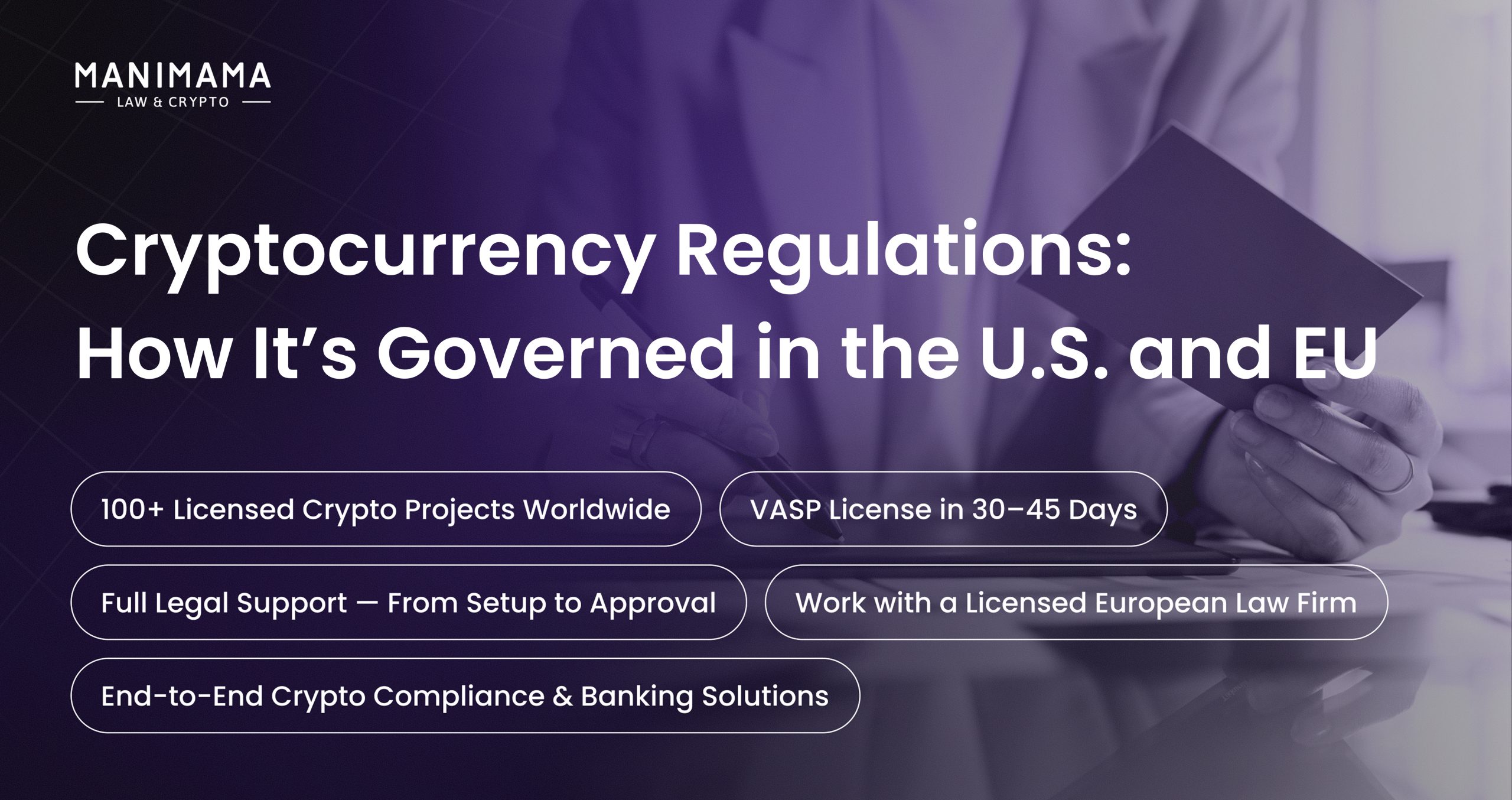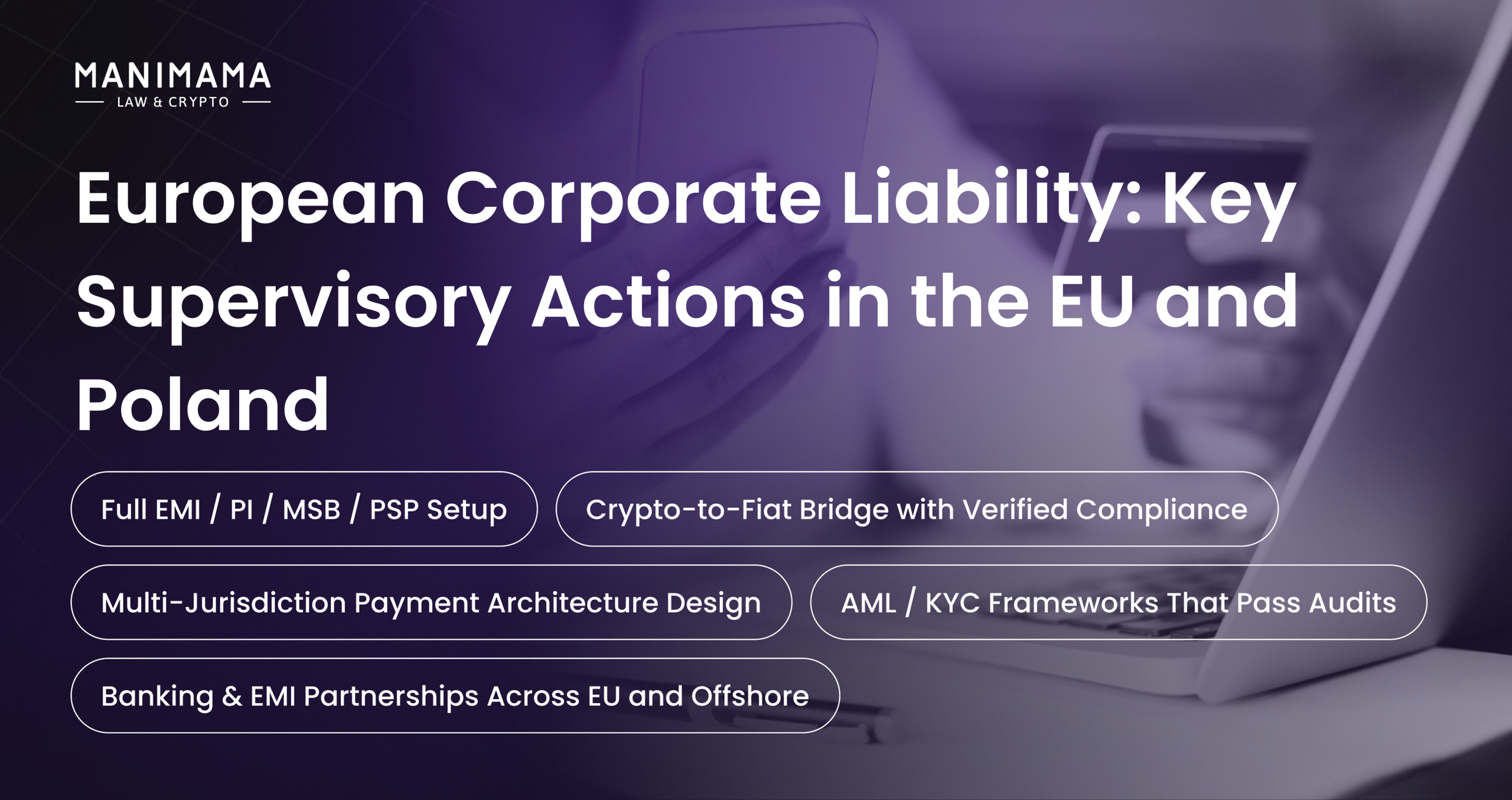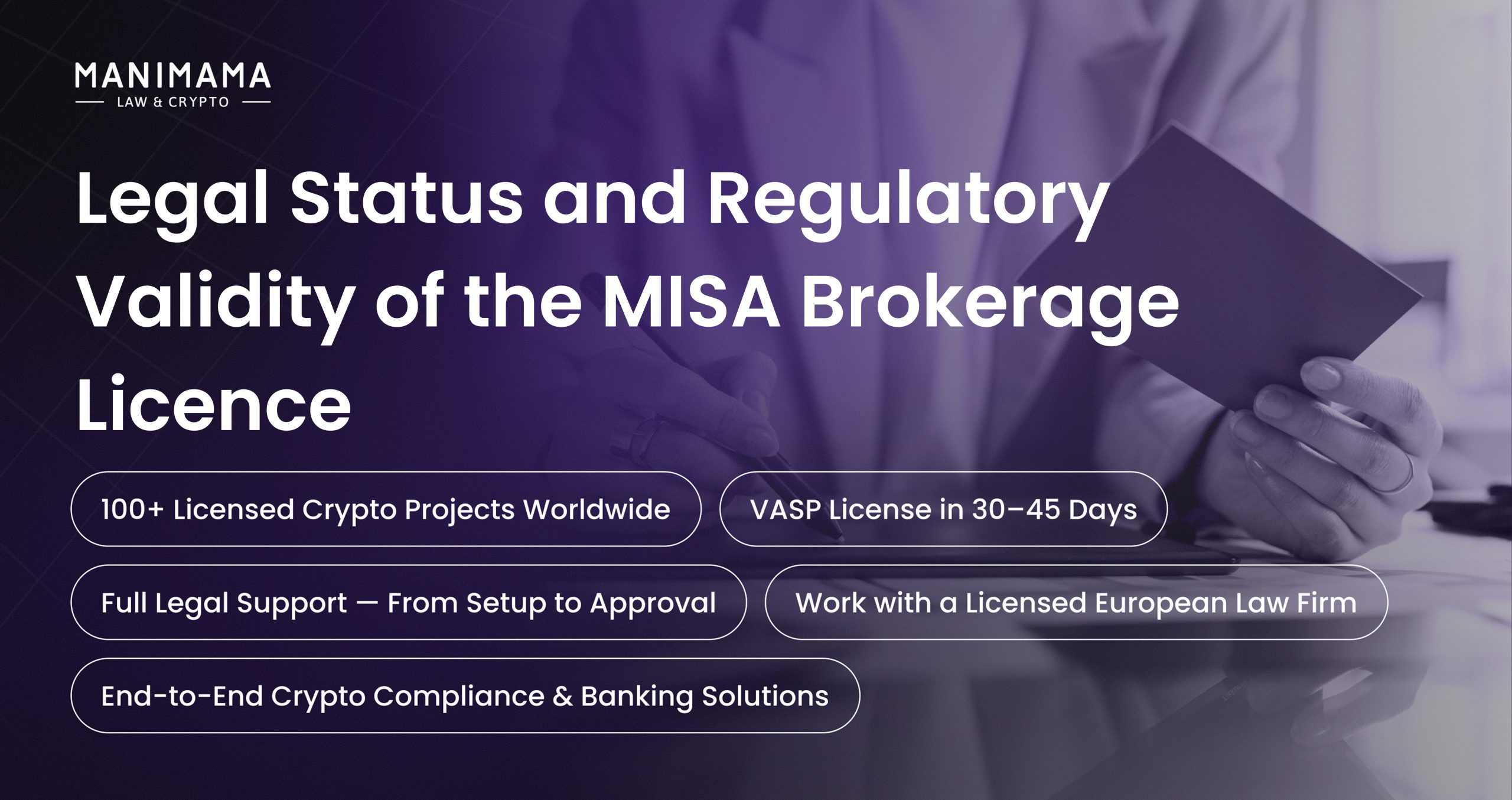Where will your next crypto dollar face less friction — Delaware or Dublin? As the global cryptocurrency market continues to expand, understanding how it is regulated remains crucial for exchanges, investors, and developers. By 2025, both the United States and the European Union are expected to stay as two of the most influential markets. Their regulatory approaches will likely shape the future of bitcoin, stablecoins, and blockchain startups worldwide.
This article offers an in-depth overview of cryptocurrency regulations in both jurisdictions, examining the MiCA regulation in Europe and the evolving patchwork of US cryptocurrency regulations. It addresses key questions such as who regulates cryptocurrency exchanges, whether it is legal to trade cryptocurrency in the USA, and what is required to obtain a cryptocurrency license.
Understanding the Basics of Cryptocurrency Regulation
Cryptocurrencies like Bitcoin were designed to operate without central authorities; yet, every major economy now has some form of government regulation of cryptocurrencies. Laws address three main areas:
- Consumer protection – making sure investors are aware of potential risks and that exchanges safeguard customer assets.
- Anti–money laundering (AML) and counter-terrorist financing (CFT) – preventing illicit transactions.
- Tax compliance – classifying digital assets for income, capital gains, or VAT purposes.
Different jurisdictions answer the question “are crypto exchanges regulated?” in different ways, but the trend is toward clearer and more comprehensive frameworks.
European Union: MiCA and the Path to a Unified Market
Overview of MiCA
The EU’s Markets in Crypto-Assets Regulation (MiCA) – often referred to as MiCA regulation or MiCA crypto regulation — is the most comprehensive crypto law ever implemented in Europe. Endorsed by the European Parliament in 2023, MiCA is expected to come into force between 2024 and 2025 and is designed to implement a single regulatory framework across all 27 member states.
Key goals of MiCA Europe:
- Provide legal certainty for crypto-asset service providers (CASPs).
- Harmonize licensing rules to allow passporting across the EU.
- Protect investors and ensure market integrity.
- Support innovation by ensuring startups have a stable regulatory environment.
Due to MiCA, Europe is transitioning from a patchwork of national laws to a continent-wide framework. For anyone asking which body regulates crypto in the EU, the answer is that national competent authorities enforce the regulation, while the European Securities and Markets Authority (ESMA) coordinates supervision.
Licensing Under MiCA
To operate lawfully, exchanges, custodians, and other CASPs must acquire a crypto license in Europe from a member state regulator. Holding this license enables operations throughout the EU—an advantage for startups seeking to expand their operations. For instance, Kraken’s decision to seek an Irish Virtual Asset Service Provider (VASP) license exemplifies MiCA’s practical benefits. By securing this license, Kraken not only gains compliance across Ireland but also access to the entire EU market, illustrating how MiCA facilitates streamlined regulatory approval and operational expansion for companies aiming to grow their presence in Europe.
Requirements include:
- Detailed business plan and risk assessment.
- Strong AML and KYC controls.
- Clear governance structures and fit-and-proper management.
- Capital requirements depend on the service type.
Because MiCA standardizes crypto exchange regulation across the EU, it clarifies who regulates cryptocurrency exchanges in Europe: domestic financial authorities following the common EU framework.
Key Provisions
MiCA introduces specific rules for:
- Asset-Referenced Tokens (ARTs) and E-Money Tokens (EMTs)—categories that cover stablecoins.
- White-paper disclosures before any public offering of crypto assets.
- Ongoing reporting obligations and cybersecurity standards.
For investors, MiCA specifies how cryptocurrency is regulated and maintains a public registry of licensed providers.
United States: A Patchwork of Federal and State Laws
While Europe moves toward harmonization, the United States continues to oversee cryptocurrency through a mix of federal agencies and state authorities. Understanding cryptocurrency regulation in the U.S., therefore, requires examining both levels of oversight.
Federal Oversight
At the federal level, several agencies claim jurisdiction depending on the activity:
- Securities and Exchange Commission (SEC) – regulates tokens classified as securities under the Howey test.
- Commodity Futures Trading Commission (CFTC) – oversees derivatives and treats bitcoin and ether as commodities.
- Financial Crimes Enforcement Network (FinCEN) – enforces AML rules and requires registration of money-service businesses.
- Internal Revenue Service (IRS) – issues tax guidance for crypto transactions.
- Office of the Comptroller of the Currency (OCC) – grants national banking charters to banks that are crypto-friendly.
These overlapping authorities show that there is no single central regulator for cryptocurrency in the U.S. Instead, several agencies oversee different aspects of the market, resulting in complex compliance requirements.
Key Federal Rules
- Money Service Business registration – Exchanges must register with FinCEN.
- Securities laws – many token offerings are treated as securities offerings, requiring SEC registration or exemptions.
- AML/KYC obligations – strict identity-verification rules for all exchanges.
- Taxation – the IRS classifies cryptocurrencies as property, meaning each sale or trade is considered a taxable event.
Investors often ask whether cryptocurrency is regulated by the government or if crypto is illegal in the US. The answer is that crypto is legal, but heavily regulated depending on the activity.
State Laws and Licenses
Each U.S. state can impose additional requirements. Notable examples:
- New York BitLicense – one of the most demanding state frameworks for cryptocurrency exchanges.
- Wyoming – recognized as one of the most crypto-friendly states, offering special bank charters for digital asset companies.
- Texas and Florida – more permissive environments with fewer licensing barriers.
Entrepreneurs must weigh state-specific cryptocurrency regulations when planning operations. Even fully US-regulated crypto exchanges, such as Coinbase, require multiple state licenses.
Trading Legality
For individuals wondering if it is legal to trade cryptocurrency in the USA, the answer is yes. Trading bitcoin and other digital assets is legal across the country, provided you use compliant platforms that follow both federal and state requirements.
Comparing EU MiCA and U.S. Regulations
| Primary framework | Markets in Crypto Assets Regulation (MiCA EU regulation) | No single law; combination of SEC, CFTC, FinCEN, state laws |
| Licensing | Single cryptocurrency license valid across all member states | Multiple state licenses + federal registration |
| Consumer protection | Unified disclosures, white papers, and reserve requirements for stablecoins | Varies by agency and state |
| Tax treatment | National tax laws remain, but EU is exploring common reporting | IRS taxes crypto as property |
| Exchange oversight | National authorities coordinate under ESMA | FinCEN, SEC, CFTC, and individual states |
For companies operating in the EU, MiCA offers a single passported license valid across all member states, whereas in the U.S., firms must navigate a fragmented regulatory environment for cryptocurrency exchanges. To illustrate the complexity, companies may face an average of 15 months in time-to-market delays and incur legal expenses of approximately $100,000 per state license. This stark contrast highlights the operational and financial burdens that U.S. firms encounter compared to the streamlined process in Europe under MiCA.
Bitcoin Regulation in the U.S. and Europe
Bitcoin is not prohibited in either jurisdiction. In the U.S., regulation of Bitcoin centers on AML compliance and taxation. In Europe, MiCA designates Bitcoin as a crypto asset but does not require issuance compliance because it lacks an issuer.
Questions like how Bitcoin is regulated or what countries use Bitcoin often refer to these compliance obligations. Both the U.S. and EU allow trading and usage, provided that exchanges meet licensing and AML standards.
Practical Steps for Businesses
Whether you are launching a crypto exchange, issuing a token, or simply exploring how cryptocurrency is regulated in different markets, keep these points in mind:
- Choose your jurisdiction carefully. The MiCA unified market makes Europe attractive for startups aiming to scale, whereas the United States provides access to a large base of crypto investors but demands significant compliance efforts.
- Prepare for compliance early. Put in place solid AML and KYC controls, involve skilled legal counsel, and build strong cybersecurity safeguards from the very beginning.
- Monitor regulatory updates. Both markets continue to evolve: the EU is releasing secondary legislation under MiCA, while the U.S. is actively debating new federal crypto laws.
- Consider cross-border operations. Understanding restrictions and overlapping regulations is essential for any company serving customers in both the US and the EU. Future Outlook: 2025 and Beyond.
Both regions are shaping the global dialogue on cryptocurrency regulation.
- In the EU, MiCA is expected to inspire other jurisdictions and strengthen Europe’s position as a leader in blockchain regulatory standards.
- In the U.S., calls for a unified federal law may lead to new federal crypto regulations, potentially clarifying the roles of the SEC and CFTC.
- Internationally, coordination among the Financial Action Task Force (FATF), the G20, and other bodies will influence crypto-government regulation.
Key Takeaways
- The European Union now offers a unified framework through the Markets in Crypto Assets Regulation (MiCA), providing clear rules for exchanges, stablecoins, and token issuers.
- The United States applies a complex combination of federal and state rules, requiring careful planning and multiple licenses for compliance.
- For individuals, crypto trading is legal in both regions; however, relying on US-regulated crypto exchanges or licensed European platforms is crucial for security and legal compliance.
- Businesses must address AML, taxation, and cybersecurity obligations regardless of their location.
The era of unregulated cryptocurrency is over. Whether you are an investor wondering who regulates cryptocurrency exchanges, a startup seeking a cryptocurrency license, or a global exchange navigating cryptocurrency regulations, understanding both the US crypto regulations and the MiCA EU regulation is no longer optional.
Europe’s MiCA demonstrates that comprehensive regulation of crypto asset markets can provide legal clarity while encouraging innovation. Meanwhile, the United States, despite its fragmented framework, remains a leader in both market size and technological progress.
For entrepreneurs, choosing between the U.S. and Europe involves weighing regulatory clarity and access to markets. The EU offers a single license covering 27 countries, making compliance simpler. The U.S. provides access to the world’s largest crypto market, but navigating its overlapping agencies requires a robust compliance strategy.
From 2025 onward, organizations that treat cryptocurrency regulation as the foundation for trust and sustainable growth will be positioned for success.
The content of this article is intended to provide a general guide to the subject matter, not to be considered as a legal consultation.











